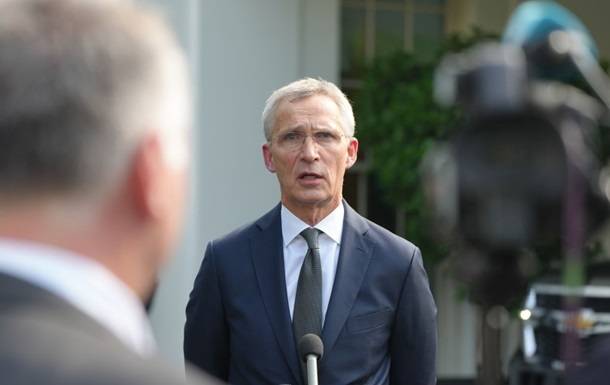Hungary’s Prime Minister to Address Talks with Russian Officials at NATO Summit
In a significant moment for international diplomacy, Hungary’s Prime Minister Viktor Orban is set to discuss his recent meetings with Russian officials during the upcoming NATO summit in Washington. This event, as mentioned by NATO Secretary General Jens Stoltenberg in a recent press conference in Brussels, highlights the complexities of global alliances and the ongoing tensions surrounding Russia’s actions on the international stage.
A Closer Look at NATO’s Dynamics
NATO, which stands for the North Atlantic Treaty Organization, has long been a pillar of collective security, comprising 30 member countries. The discussions at the summit will likely revolve around shared concerns regarding Russia’s military activities and geopolitical maneuvers. Orban’s dialogue with Russian officials poses intriguing questions for NATO allies about the balance between diplomacy and deterrence.
Stoltenberg underscored the importance of transparency among NATO members, stating, «I expect that during the NATO summit, Viktor Orban will have the opportunity to discuss and respond to the discussions he had in Moscow. This is standard practice among Alliance members.» This collaborative approach emphasizes that information-sharing is critical for a cohesive response to security challenges.
What This Means for Hungary and NATO
Orban’s engagement with Russian leaders reflects Hungary’s unique position within the NATO alliance, which, unlike many European nations, has maintained a more favorable stance toward Russia. For instance, Hungary has expressed interest in increasing economic ties with Russia, including energy cooperation. This brings both advantages and risks, especially as NATO seeks solidarity among its members to deter potential threats.
Real-Life Implications: The Hunt for Energy Security
One practical example of Hungary’s position can be seen in Hungary’s energy strategy. The country relies significantly on Russian natural gas, which raises concerns about vulnerability to supply disruptions. The recent energy crisis in Europe is a reminder of how geopolitical tensions can impact everyday citizens. In 2022 alone, Europe saw energy prices surge by over 70%, largely due to instability surrounding Russian exports.
As the NATO summit approaches, Hungary’s stance may spark debates among member nations about how to navigate relationships with Russia while maintaining a united front. For individuals and businesses, these discussions can have direct consequences – from energy costs to broader economic stability.
Conclusion: The Path Forward
The upcoming NATO summit is poised to be a pivotal moment for strategic discussions regarding Russia. As Viktor Orban prepares to share insights from his recent Moscow meetings, the implications for NATO’s unity and collective response to aggression are paramount. For observers, staying informed on these developments means understanding the intricate web of diplomacy that influences both national security and daily life.
Keep an eye on the discussions that unfold at the summit. They might provide critical insights into the future of European security and the balance of power on the continent.






